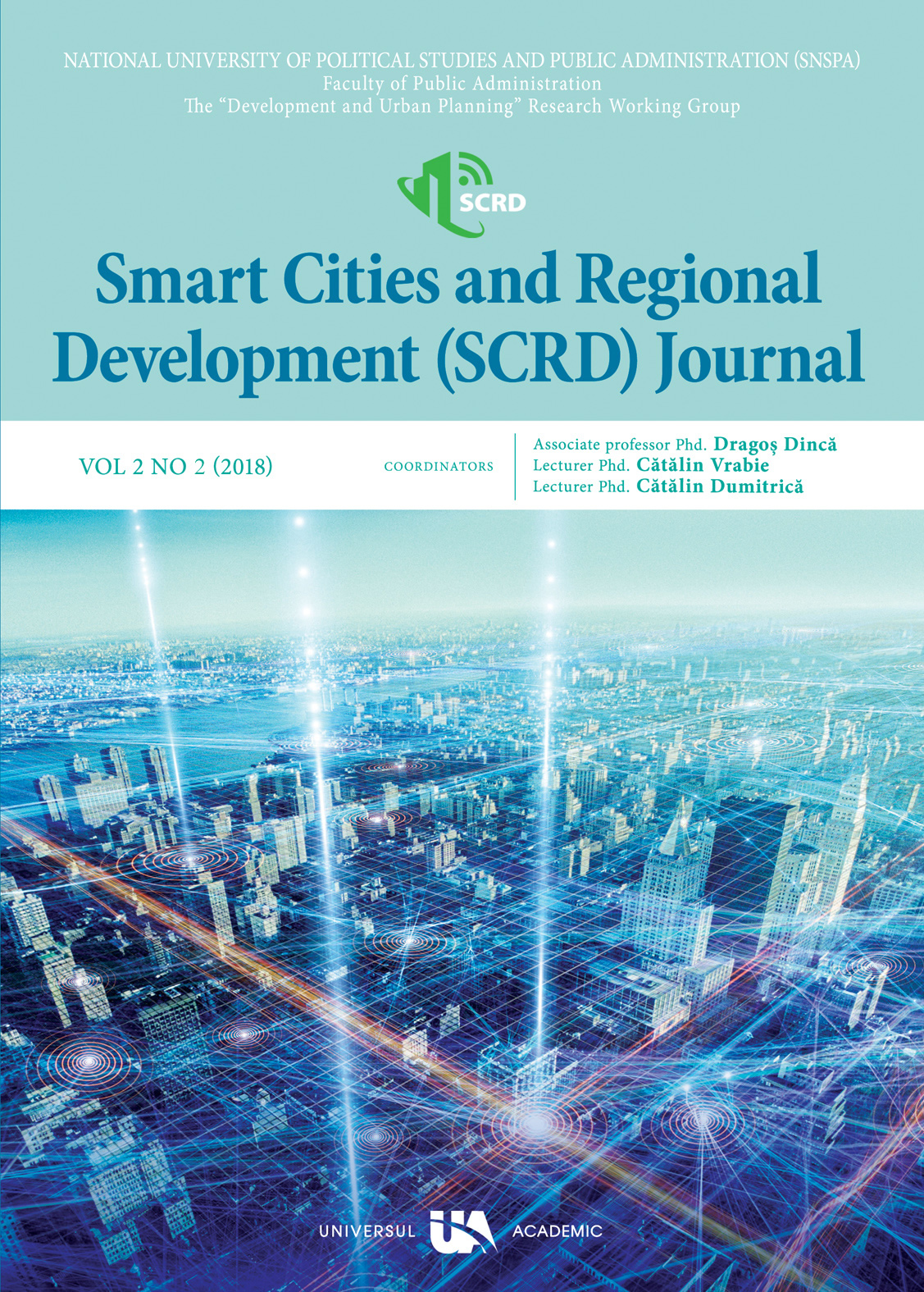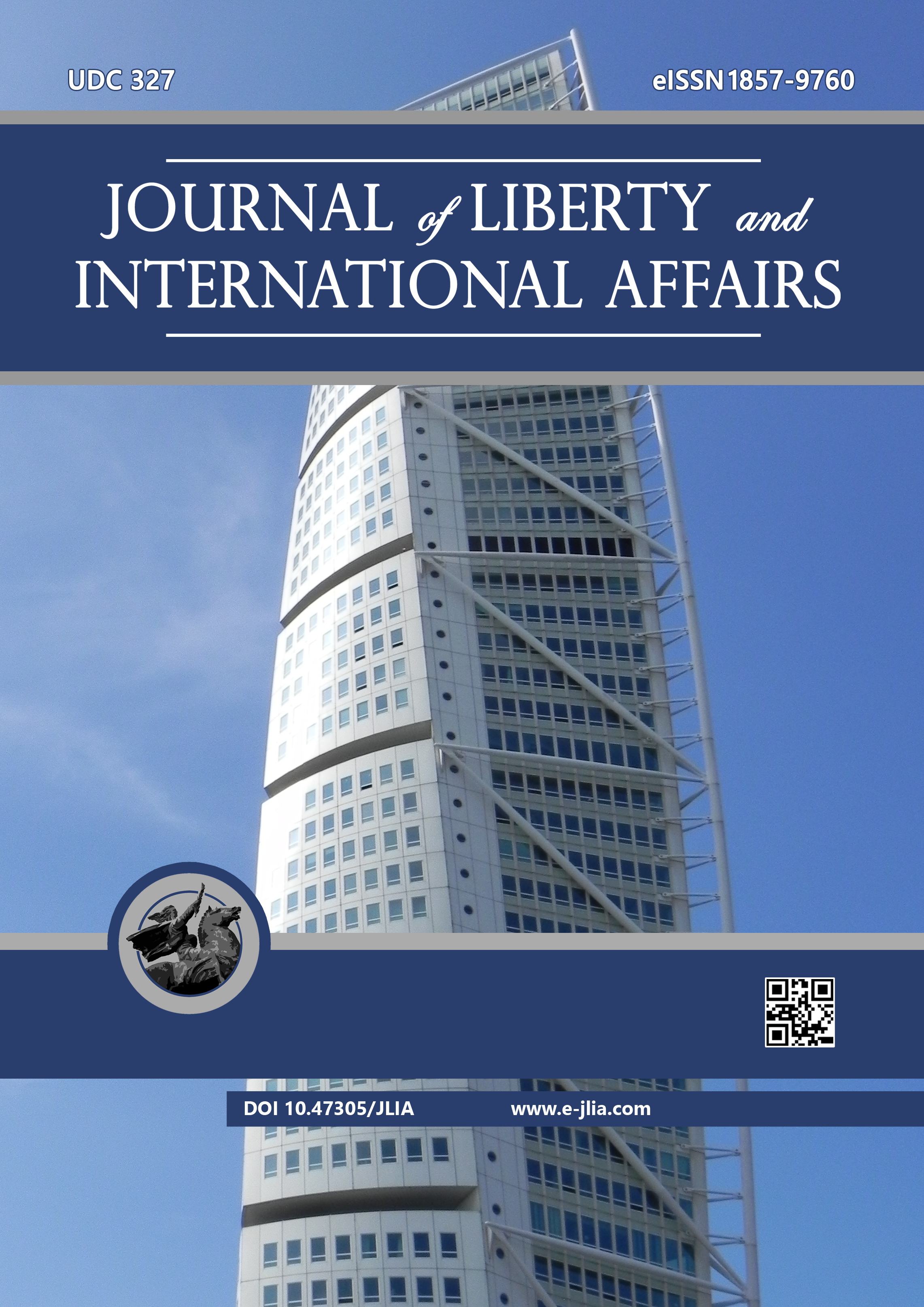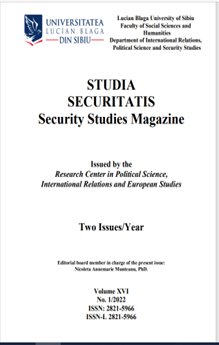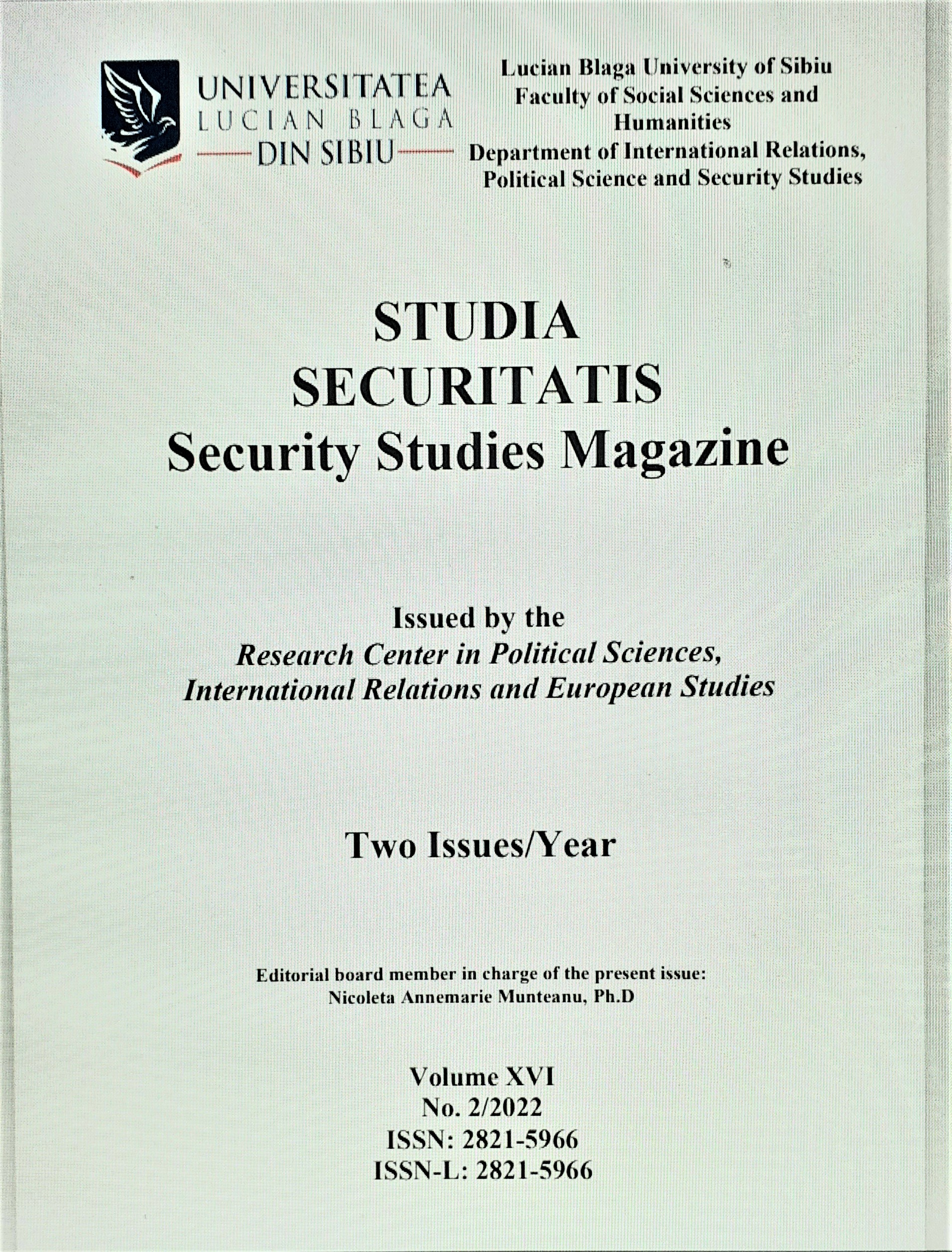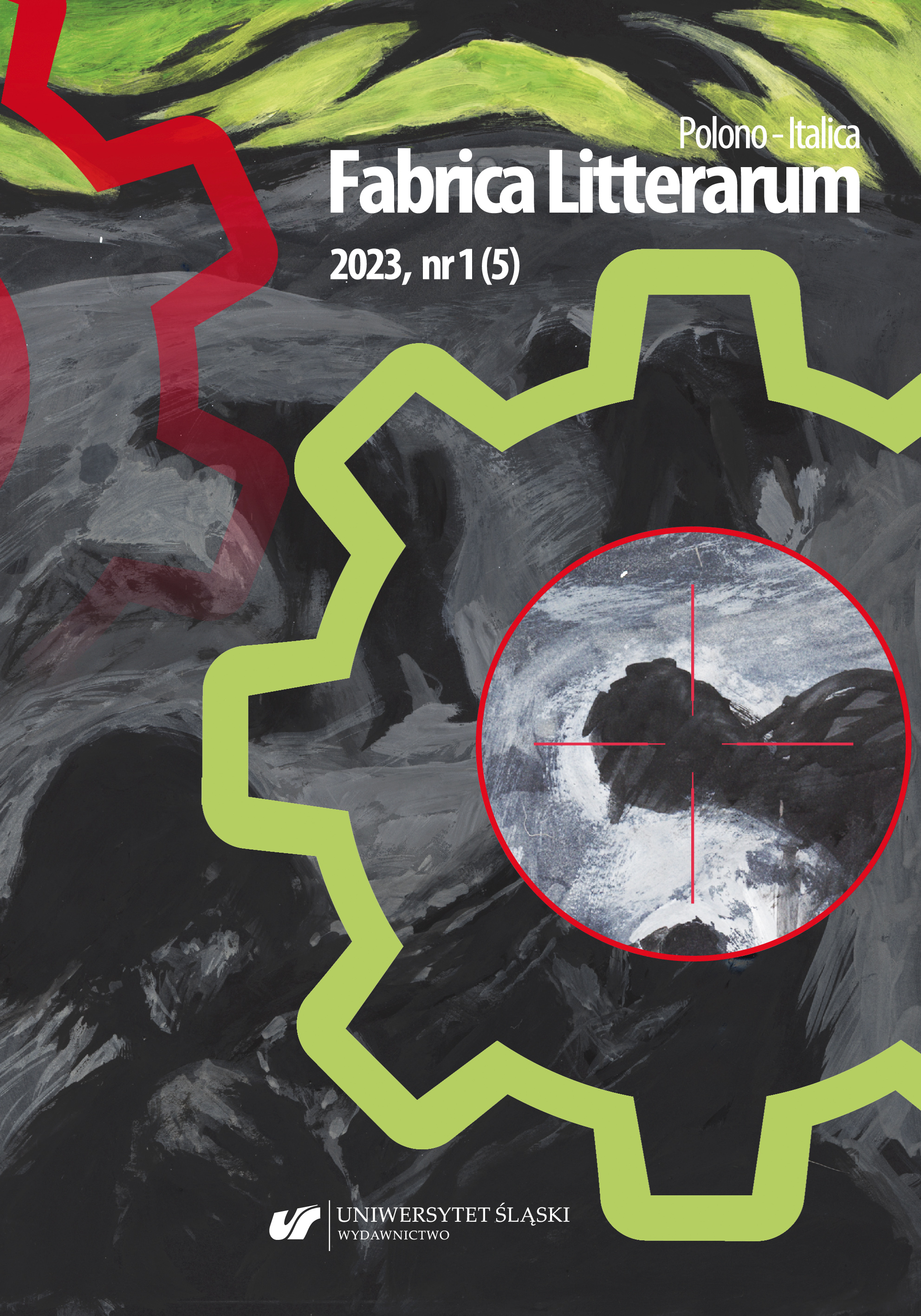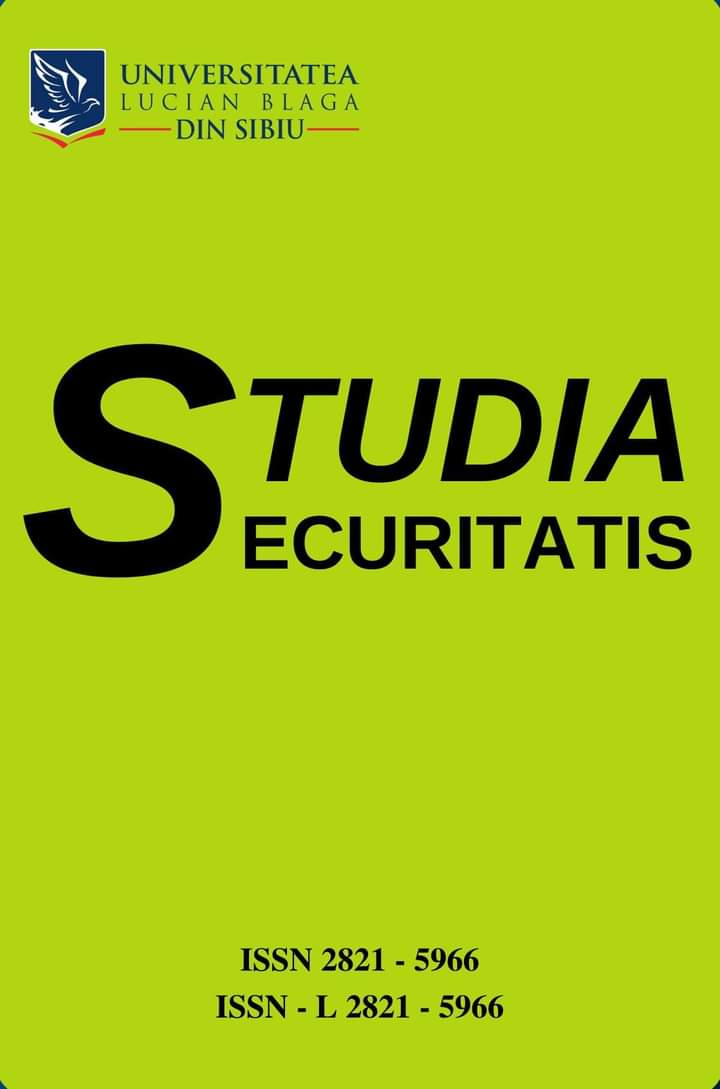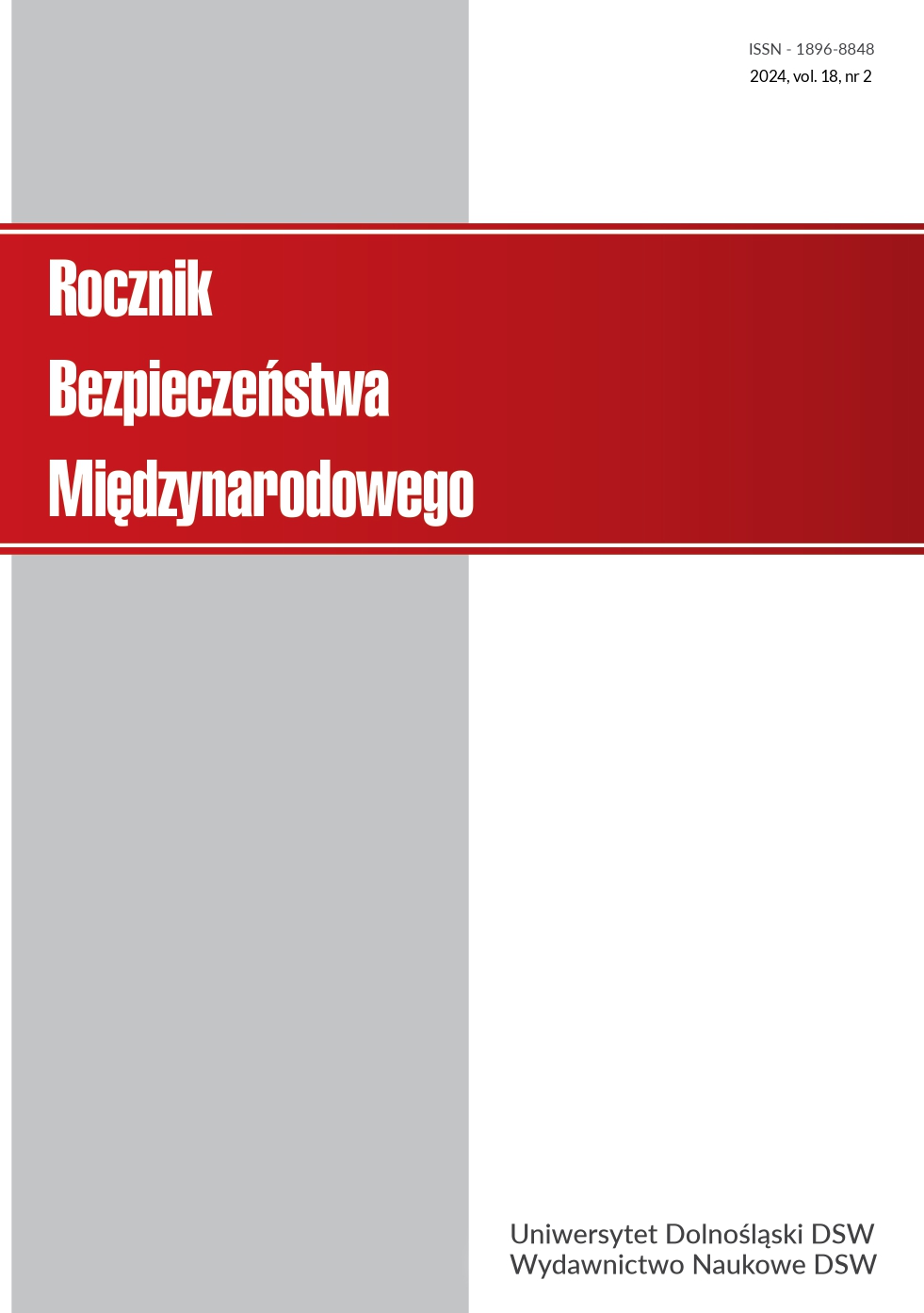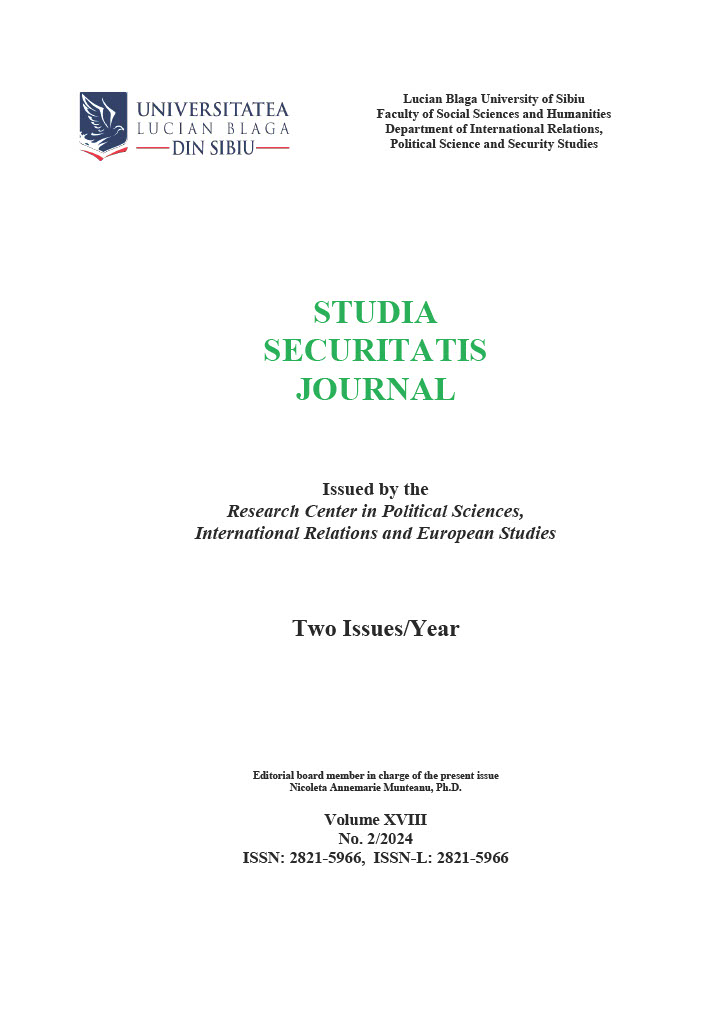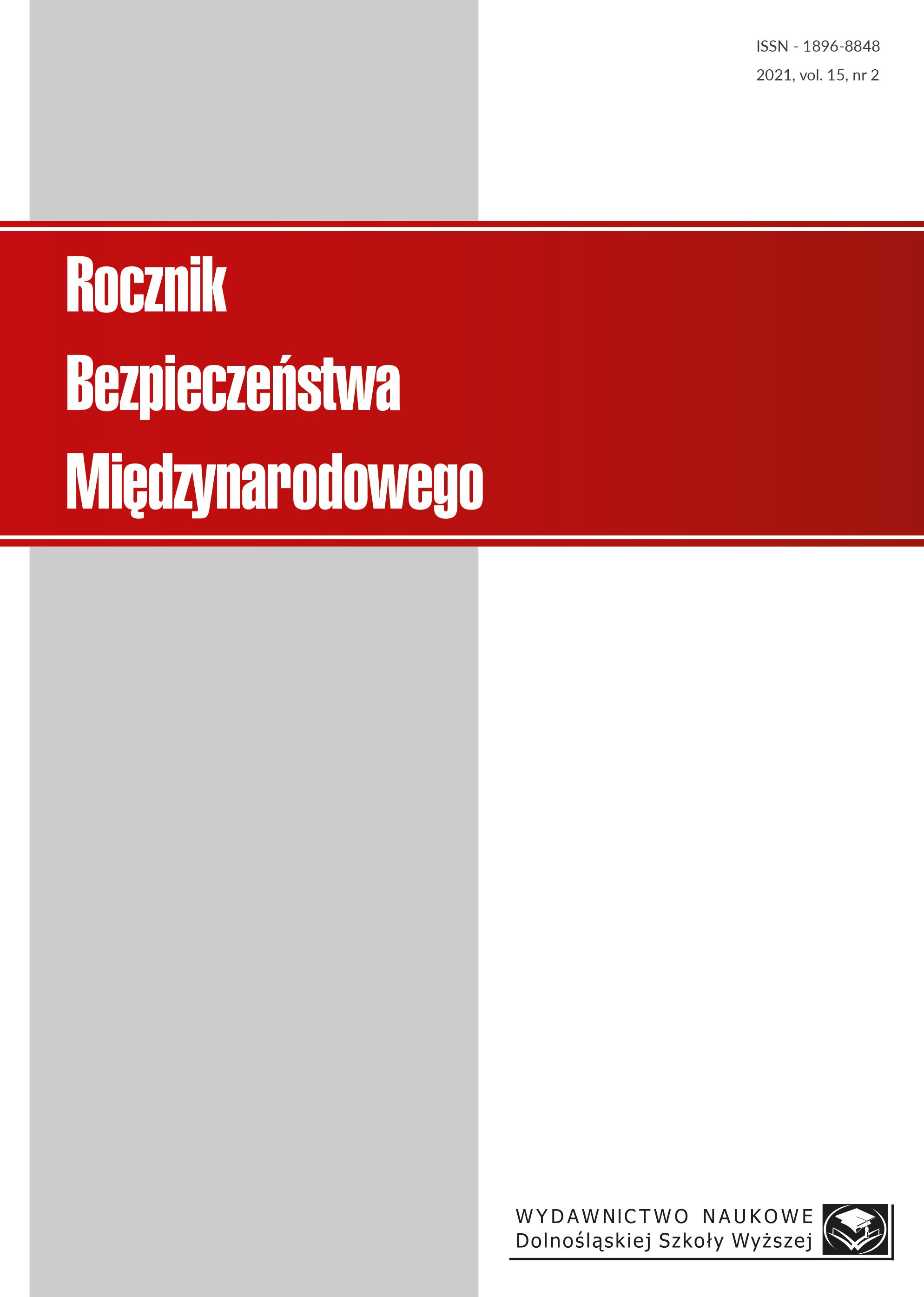
Chińskie inwestycje w regionie Bałkanów Zachodnich. Szansa czy zagrożenie?
For almost a decade, there has been an increase in the investments of the People's Republic of China in the Western Balkans. Capital from the Middle Kingdom has a direct impact on the development of transport infrastructure or the energy sector. According to the authors, Chinese investments within the countries of the former Yugoslavia are a strategic element of the PRC's foreign policy, which is part of the implementation of the project initiated in 2013 under the name One Belt One Road. The article indicates the declared goals and structure of Chinese direct investment. In addition, the impact of the activities of the PRC on the economy and political processes in the region was determined. According to the authors, Chinese investments are the element of influence within the framework of sharp power, the overarching goal of which is to make the Balkan states dependent on Chinese capital, which at the same time will weaken the influence of other world powers in the region. In order to verify hypotheses and answer research questions, the authors used methodological tools such as content analysis, system analysis, or critical analysis.
More...
